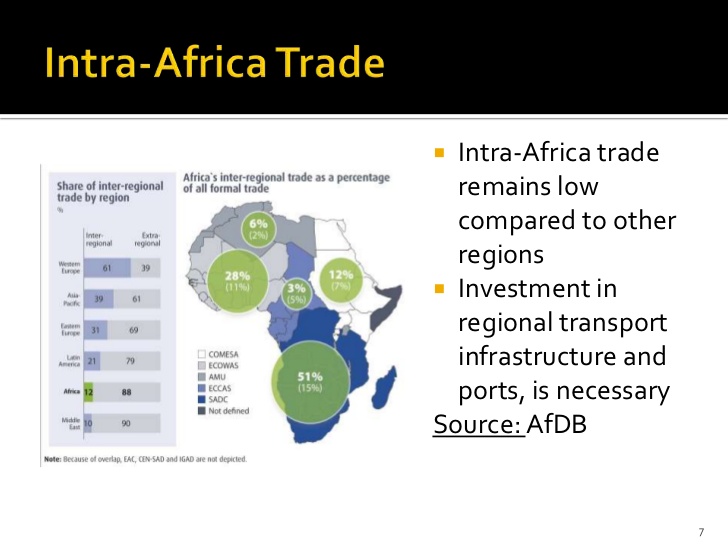I'll come back to this thread and post when I can get to my laptop. I'm mobile at the moment. @KidStranglehold Claude Anderson explains alot more in detail in his books than he ever does in his lectures and speeches. I'll post some info from there and other sources that we can all read and look at so we can begin to form viable solutions that we can implement in our own communities with people with similar mindsets.
But I definitely don't want people to pile on Claude and others who have contributed great work in that area.
But I definitely don't want people to pile on Claude and others who have contributed great work in that area.







